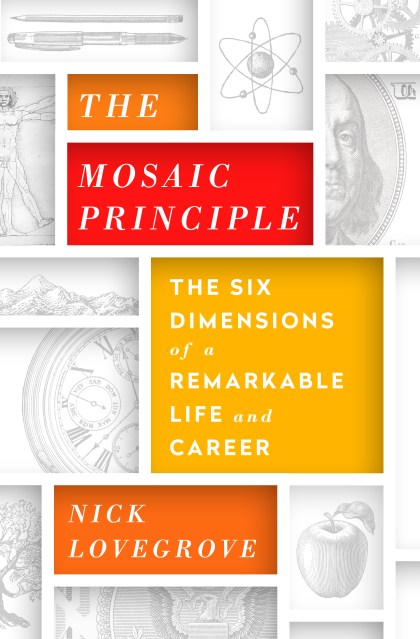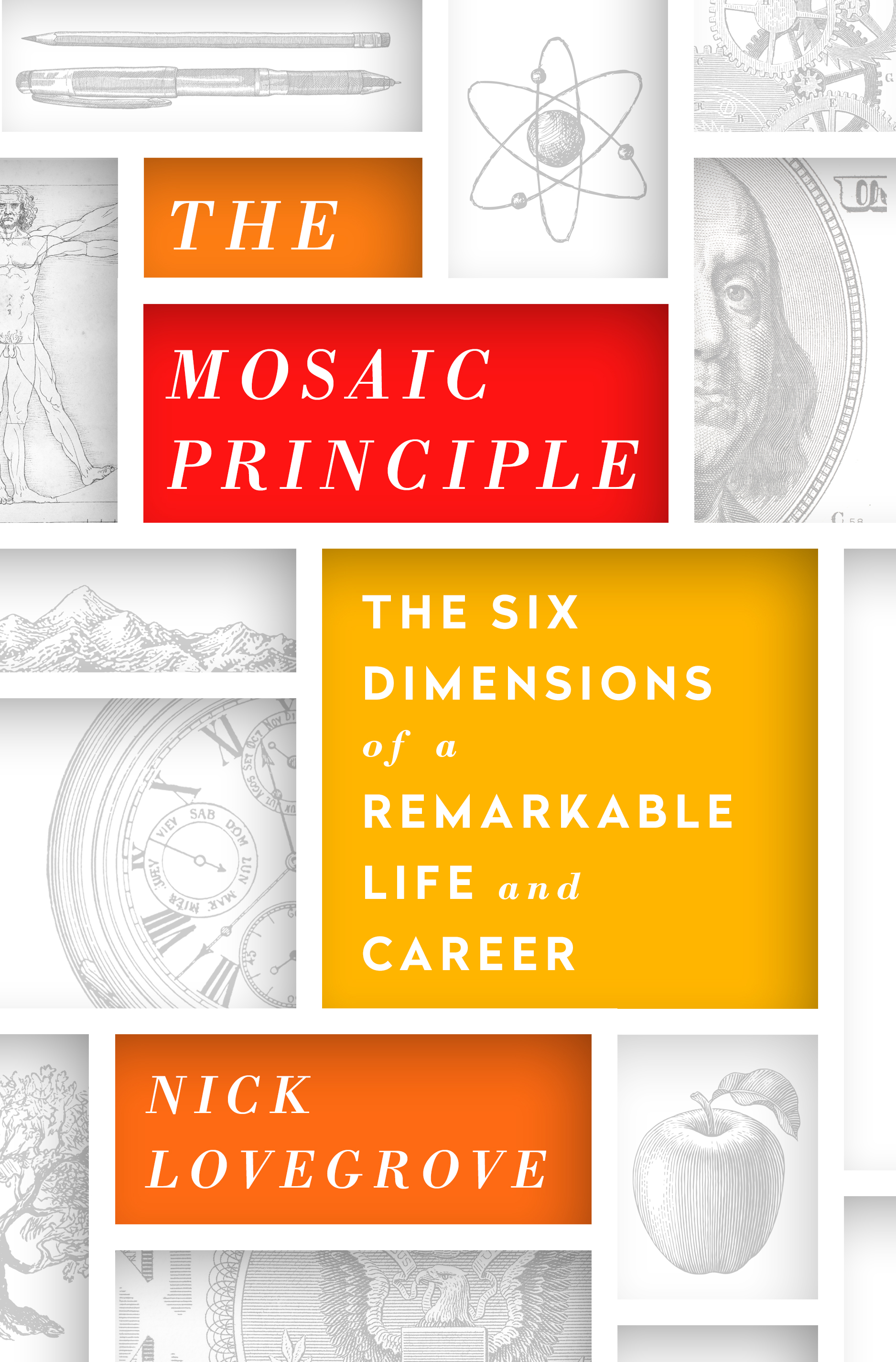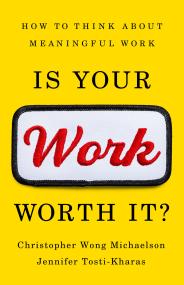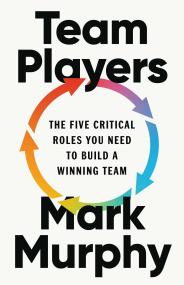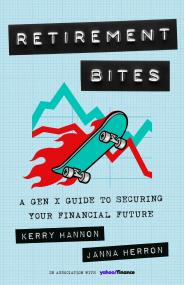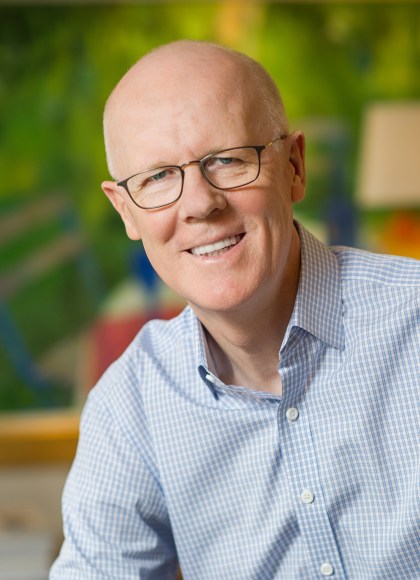By clicking “Accept,” you agree to the use of cookies and similar technologies on your device as set forth in our Cookie Policy and our Privacy Policy. Please note that certain cookies are essential for this website to function properly and do not require user consent to be deployed.
The Mosaic Principle
The Six Dimensions of a Remarkable Life and Career
Contributors
Formats and Prices
- On Sale
- Nov 1, 2016
- Page Count
- 320 pages
- Publisher
- PublicAffairs
- ISBN-13
- 9781610395571
Price
$18.99Price
$24.99 CADFormat
Format:
ebook $18.99 $24.99 CADThis item is a preorder. Your payment method will be charged immediately, and the product is expected to ship on or around November 1, 2016. This date is subject to change due to shipping delays beyond our control.
Buy from Other Retailers:
Yet, the pressures of modern society push us toward narrower focus and deeper specialization in our lives and careers. Our pursuit of specific expertise risks us becoming isolated from those different from us; our lack of shared experience fosters suspicion and conflict. Today we have businesspeople and government officials who persistently distrust and demonize each other; a fortunate swath of society with professional and financial security, increasingly isolated from those left behind; and community leaders who struggle to relate to and connect with the communities they serve. In every walk of life we have allowed ourselves to be pushed into self-defining cocoons from which it is difficult to break out.
Nick Lovegrove’s compelling vision provides the way out of this contemporary trap. He supplies vivid portraits of those who get it right (such as Paul Farmer, the physician whose broad and imaginative choices bring health and hope to the world’s poorest people) and those who get it deeply wrong (such as Jeffrey Skilling, the former CEO of Enron) and connects their experiences with a blueprint of six skills — a moral compass, transferrable skills, contextual intelligence, prepared mind, intellectual thread, and extended network. The Mosaic Principle will help you to succeed in an ever-changing, more complex, and diverse world, and build a more remarkable and fulfilling life.
-
"Lovegrove, U.S. managing partner for the corporate consulting firm Brunswick Group, delivers a thoughtful plea for breadth of experience and learning over intense specialization. Lovegrove uses the titular mosaic as a metaphor for both society and individuals, explaining that a focus on highly specialized knowledge is damaging to both people's inner selves and their careers. He believes that, as a society, the U.S. needs to refocus on diversifying professional development and training—the approach of a liberal arts education, rather than of a trade school. He argues that specialists can get hamstrung by a lack of broad information and experience, and provides positive stories of those who've succeeded at achieving breadth, including Paul Farmer, U.N. special envoy to Haiti, and David Hayes, U.S. deputy secretary of the interior. Addressing readers at every stage of their careers, Lovegrove explains that having diverse knowledge and interests can help to 'overcome your external constraints and internal doubts.' All readers looking to break out of an intellectual box of their own making will find a refreshing new viewpoint on their personal and professional lives in this convincing manifesto." —Publishers Weekly
Newsletter Signup
By clicking ‘Sign Up,’ I acknowledge that I have read and agree to Hachette Book Group’s Privacy Policy and Terms of Use
